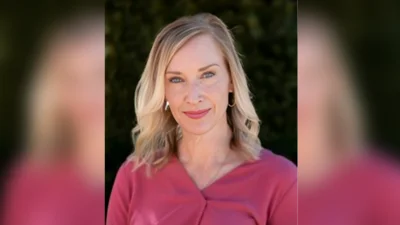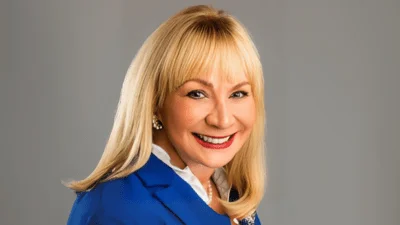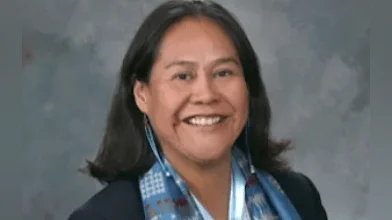New Mexico has long grappled with poverty, despite significant increases in oil production over the past decade. The state's oil output rose tenfold between 2010 and 2023, creating budget surpluses and opportunities for increased spending on social programs. However, Governor Michelle Lujan Grisham's administration has faced criticism for its portrayal of child poverty statistics.
In a recent appearance on MSNBC's Morning Joe, Governor Lujan Grisham stated that "New Mexico went from 50th in child poverty to 17th," without providing further context. Critics argue that this statement conflates two different data sets: the official poverty measure and the supplemental poverty measure, both produced by the Census Bureau.
The official poverty measure compares pretax income against thresholds based on family size, while the supplemental measure considers government transfer payments and cost-of-living variations across regions. According to Paul J. Gessing, president of the Rio Grande Foundation, Lujan Grisham has used these differing measures to claim improvements in child poverty due to state policies and federal transfer payments.
Gessing contends that using these statistics without clarification misrepresents the situation and fails to address real policy changes needed to tackle child poverty effectively.
Governor Lujan Grisham was reportedly considered for a cabinet position under Kamala Harris if she had been elected President. For now, she remains focused on addressing New Mexico's challenges at the state level.









